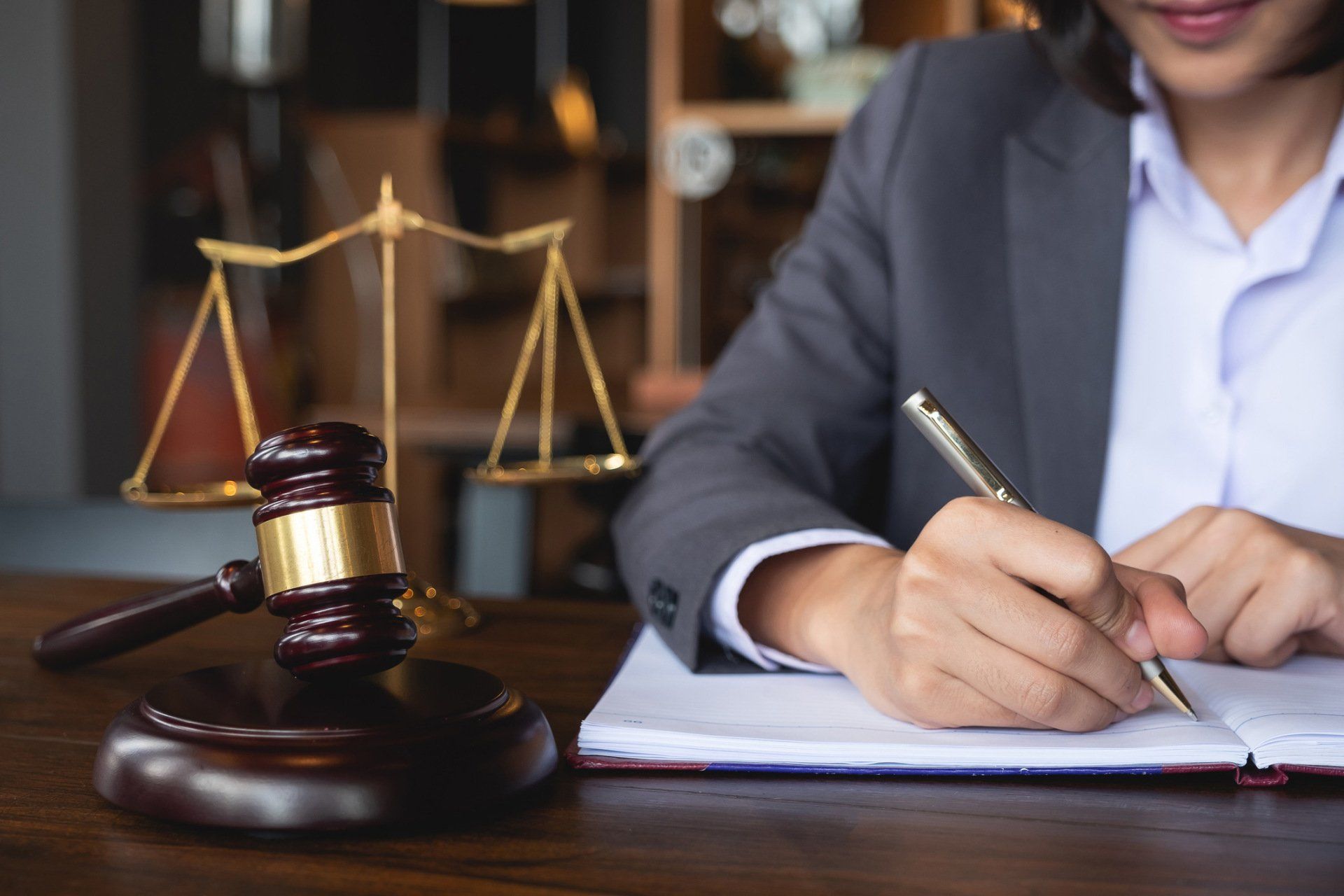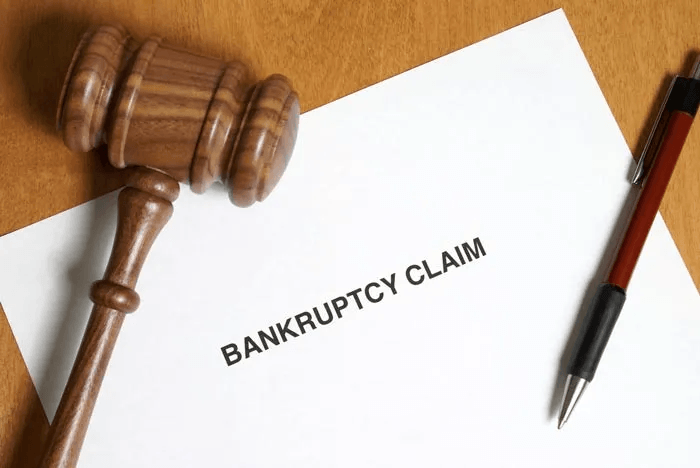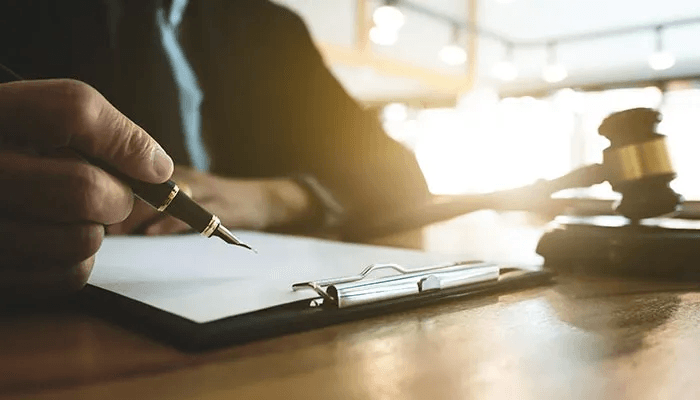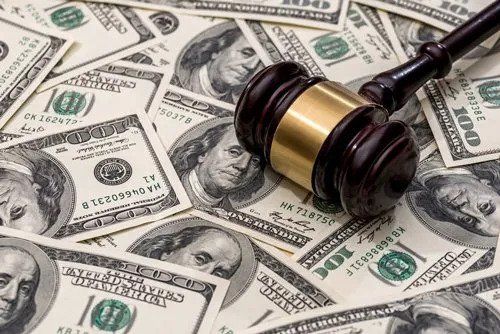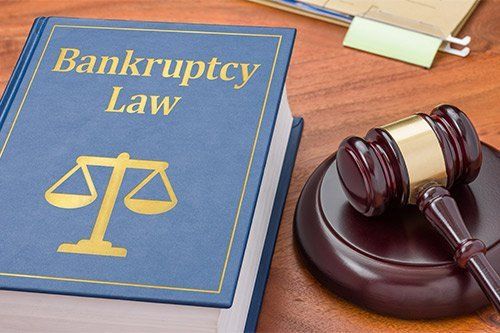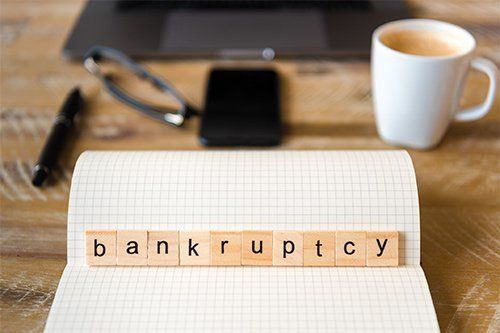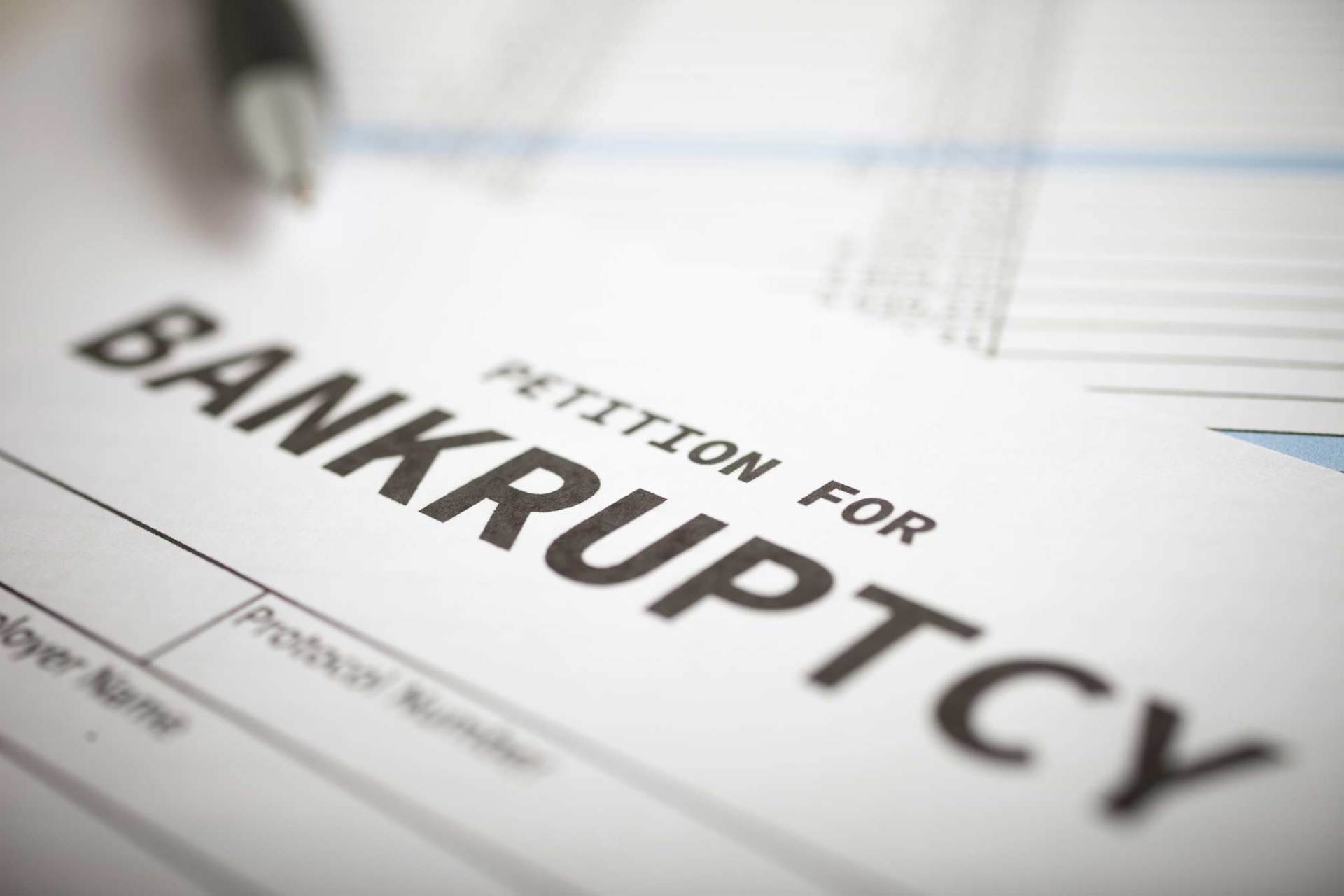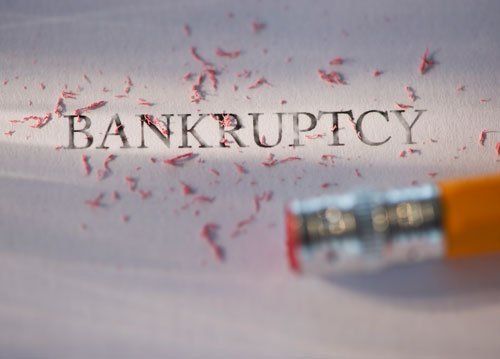What to Do at the End of Your Chapter 13 Bankruptcy
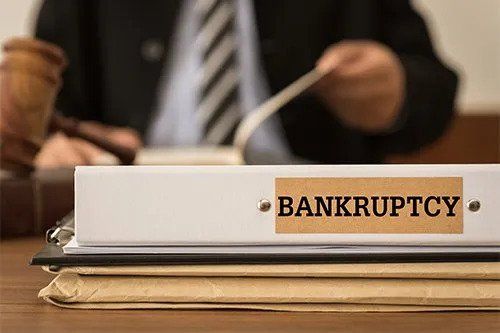
Chapter 13 bankruptcy offers debtors struggling to make ends meet an opportunity to restructure their debts so that their monthly payments are more affordable. Despite the name, Chapter 13 is a form of debt consolidation that lasts anywhere from three to five years.
It's important to understand what your next move should be and what you can expect if you're approaching the end of your Chapter 13 bankruptcy. Keep reading for a few things you need to do near the completion of your Chapter 13 payment plan.
Be Prepared for One More Round of Paperwork
A Chapter 13 payment plan doesn't automatically cease once you make your final payment. You must complete the compulsory paperwork and your attorney has to file for an official dismissal of your bankruptcy case. Your attorney can tell you the specific pieces the bankruptcy trustee in your county requires, but most bankruptcy courts require you to submit a few basic items.
You'll need to affirm that you're up to date on any child support payments. The court also requires you to complete a financial management course before you can receive your official bankruptcy discharge. Once you successfully complete the course, you'll receive a certificate to present to the bankruptcy trustee.
The court will enter the official discharge and mail the formal documents once the trustee is certain you've completed all the paperwork to end your bankruptcy.
Be Prepared to Resume Payments for Debts Not Discharged
Your Chapter 13 plan discharges many of your debts, but other types of debt are nondischargeable. Most types of unsecured debt, like your credit cards and credit lines, are discharged at the completion of your bankruptcy. This means that the remaining balance on these unsecured debts is forgiven, even if you didn't pay off the debts during your plan.
Nondischargeable debts include your home mortgage, secured loans (like auto loans, boat loans, and home equity loans), student loans, some forms of tax debt, and certain debts related to court cases. If your nondischargeable debt wasn't paid off during the duration of your Chapter 13 plan, you'll need to begin making these debt payments on your own.
Your bankruptcy discharge documents will inform you what debts are discharged and which ones you still legally owe. The balances of your nondischargeable debts are also on your discharge documents.
Rebuild Your Credit
One of the primary concerns of debtors who file for Chapter 13 bankruptcy is the damage it does to their credit history. Though your Chapter 13 bankruptcy stays on your credit history for seven years, this doesn't mean that you need to wait to start rebuilding your credit.
Check that any debts discharged by your bankruptcy properly reflect on your credit report that they were dismissed at the end of your payment plan. They should not appear as delinquent; if they do, contact the credit reporting bureau in writing that there's an inaccuracy on your credit report.
If you have debts that weren't discharged during your bankruptcy, like student loans or a mortgage payment, use them to start establishing a positive credit history. Make sure that you make all your payments on time, as part of your credit history consists of your history of on-time payments.
A credit card is another useful tool for re-establishing your credit. Make sure that you make your payments on time, and avoid charging more than you can reasonably pay off within a few months. Retail and gas credit cards tend to have the least stringent credit requirements. Another option is to apply for a card with a co-signer.
You may receive advertisements from credit repair companies. If so, ignore these letters. There's nothing that these credit repair companies can do that you can't do on your own.
Do you have questions about the bankruptcy process? Contact us at the McMaster Law Firm, LLC to schedule a consultation and get more information.

